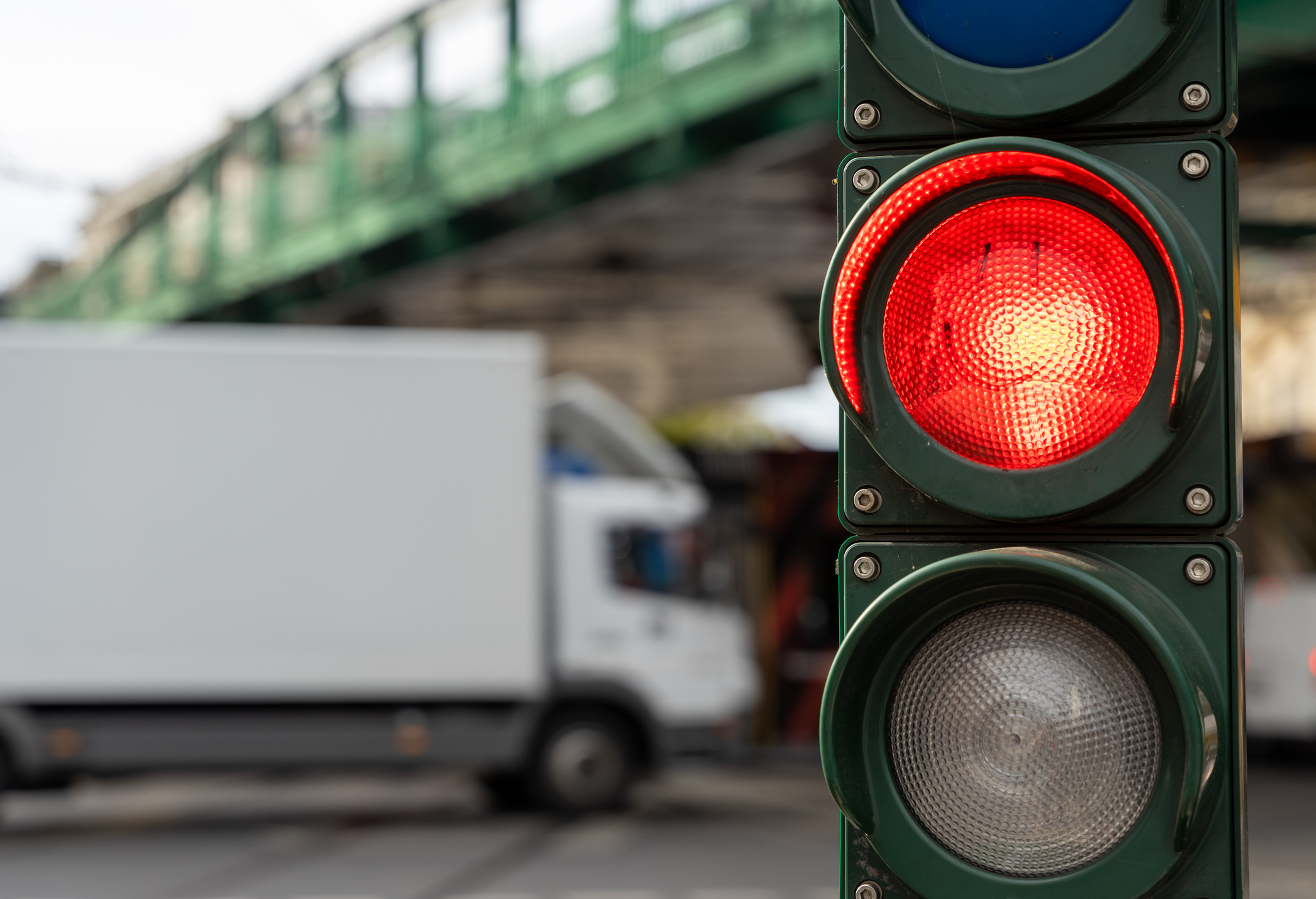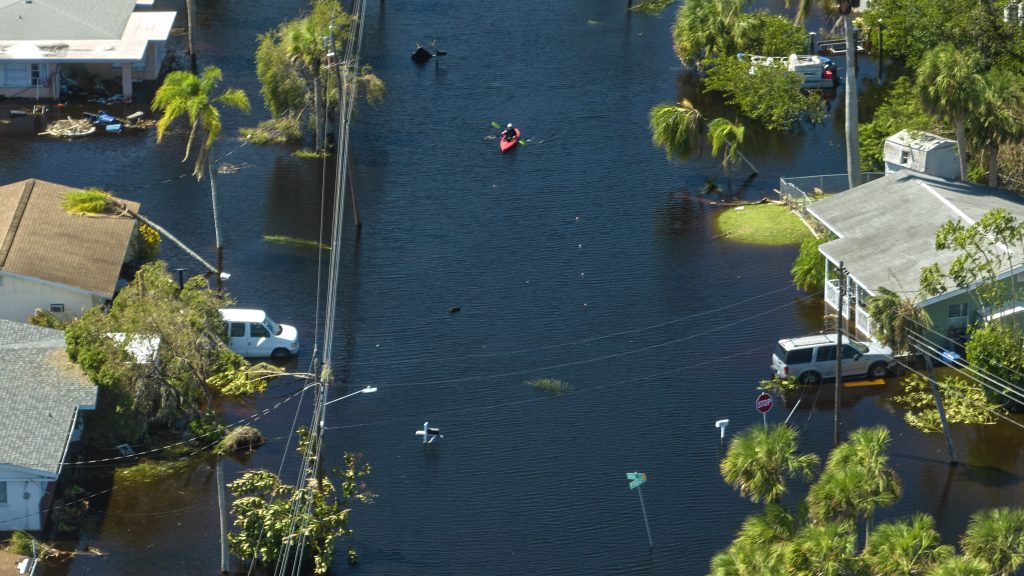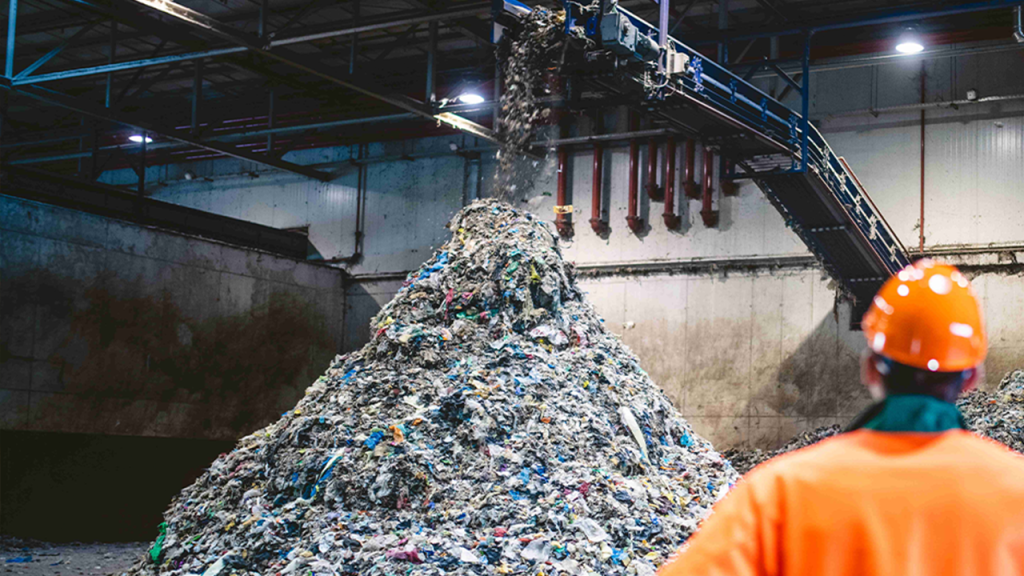Carbon Border Adjustment Mechanism: What does this new tax mean for global business?

Governments around the world struggle to address the problem of global warming, and some have tried to introduce strict measures to force down the level of carbon emissions. The European Union has now introduced the world’s first carbon border tax, which tries to discourage companies from transferring production of goods to nations that may have lower emission standards. The aim is to reduce carbon emissions from a global perspective, but will this new tax work, how will it impact cross-border trade, and could it be seen as a protectionist measure instead?
The Carbon Border Adjustment Mechanism explained
The Carbon Border Adjustment Mechanism (CBAM) is a tariff placed on carbon-intensive products meant to encourage manufacturers to “greenify” their processes or pay a levy. Internally, the EU already has a carbon market price to help win European emission reduction efforts. Still, companies could offset this good work if they relocate production to non-EU countries, a scenario known as “carbon leakage”. CBAM could also discourage companies from importing carbon-intensive components or products from outside the bloc.
Companies that want to trade with the EU should have a domestic carbon pricing regime that’s equivalent to the Union. If not, they may now need to buy CBAM certificates and pay the tax.
It’ll be down to the registered importer to collect the relevant carbon emissions information and ensure accuracy. They’ll then need to report this data to the relevant competent authority within the member state, which will, in turn, pass this through to EU customs.
What’s the purpose of CBAM?
The European Union wants to reduce greenhouse gas emissions by at least 55% before 2030 (as compared to 1990 levels). CBAM is a crucial part of this endeavour, extending the carbon pricing concept to imported goods for the first time. The EU also wants to phase out any free allowances they may have previously given to businesses operating in carbon-intensive sectors.
CBAM will initially target goods that are in particularly carbon-intensive sectors. These could include iron, steel, fertilisers, aluminium, cement, and electricity. Now, such companies will have to report the embedded level of greenhouse gas emissions in their imports. However, during the early phase (which began in October 2023), regulators will not ask these companies to make financial payments of any kind. These payment obligations should start in 2026.
What do critics of CBAM say?
CBAM has met with criticism from many quarters. After all, it may place a carbon charge on companies that operate in “cleaner” countries. These less-developed countries may not actively contribute to the emissions problem compared to more developed nations. Instead, the CBAM tax could significantly affect their economic model or GDP output. Should such countries be ring-fenced instead?
Other critics suggest that CBAM does not align with the WTO rules or international climate law. Existing WTO regulations say that governments cannot favour one nation over another regarding imported products, and they should roll out any rules uniformly. CBAM could discriminate between certain nations if their imported products seem to contain different carbon levels.
CBAM could also place a levy against imported products that may be in excess of customs duty ceilings previously agreed upon between the WTO and the EU.
Companies within Europe affected by CBAM want to keep some of the free emissions allowances they may already enjoy as they fear that otherwise, this may promote the loss of EU jobs and send production offshore. But if the EU granted this wish, it could lead to even further conflicts with the WTO, whose rule-makers may see it as an unfair protectionist measure.
As there are many ways of measuring embedded carbon and no universal agreement about how to do it, problems are likely to arise when it comes to compliance. It may be costly for foreign producers to track emissions within their products, making it difficult for them to comply with the new CBAM rules.
How will this tax impact cross-border trade?
Companies outside the EU that want to export to the EU need to consider how CBAM may affect them. Such companies need not report directly to the EU under this new regime but should provide emissions data so that customers in the EU can comply with their obligations.
Starting in 2026, non-EU member companies may need to deal with a stringent tax on any carbon-intensive imports, and as such, they should look carefully at ways to decarbonise their supply chain. This includes organizations based in the UK who deal closely with the EU.
What will come next?
CBAM may only affect the most carbon-intensive sectors currently, but there is a distinct possibility that it could expand. In this case, companies producing goods in all sectors covered by the EU’s present Emissions Trading Scheme could find themselves within the scope of CBAM by 2030.
Pressure from the WTO could also cause some changes to the legislation, especially regarding the concerns of vulnerable nations. The EU may need to increase provisions to tackle exceptional situations and appease critics. It’s worth noting that EU lawmakers did consider exemptions as they were formulating the law but largely rejected exemptions for the least developed countries.
Many observers are closely monitoring what happens next in the US. Lawmakers there seek to develop a Clean Competition Act, which places a carbon border adjustment on energy-intensive imports. This has bipartisan support in the US but may also help protect US goods that may be otherwise subject to CBAM on European exports.
How can HLB help?
If your organisation trades with the EU, you may be worried about how CBAM may affect you. If so, this is a good time to engage with HLB Global, a network of independent advisory and accounting firms. We work with more than 40,000 professionals across 156 countries to help clients with cross-border trade.
We support any clients as they seek to grow, and we take the time to get to know all about you and understand your specific needs, contact HLB today.
Related content






